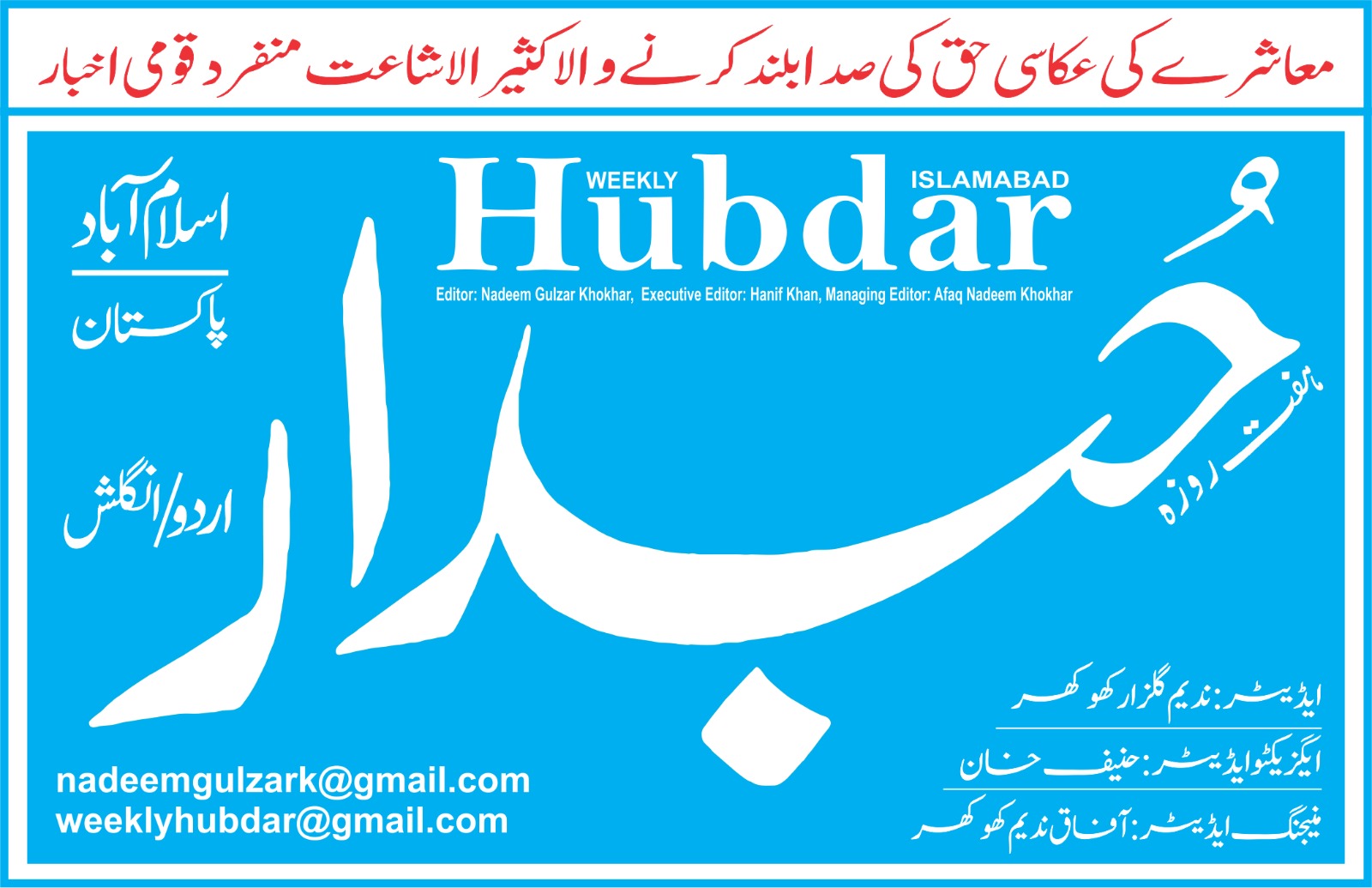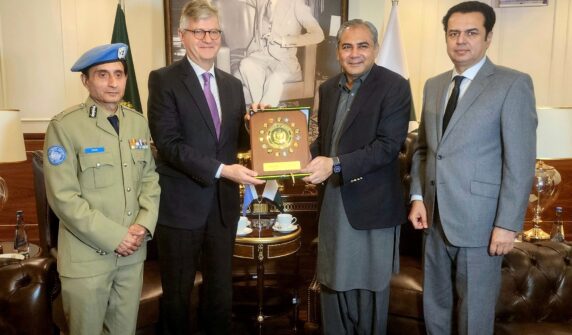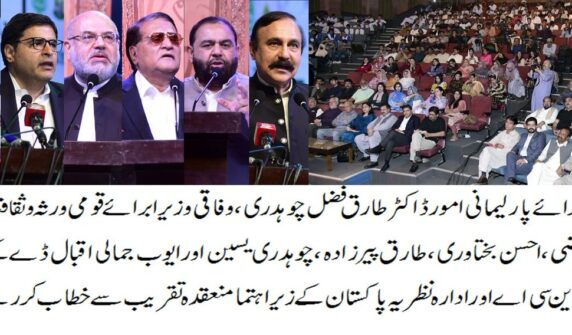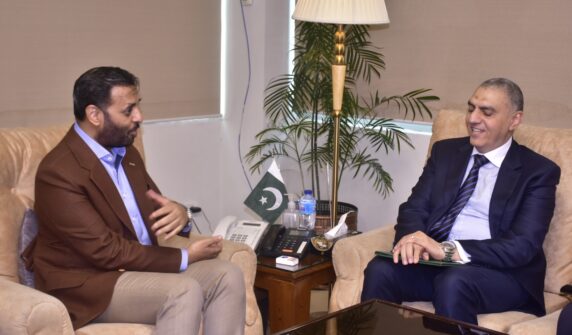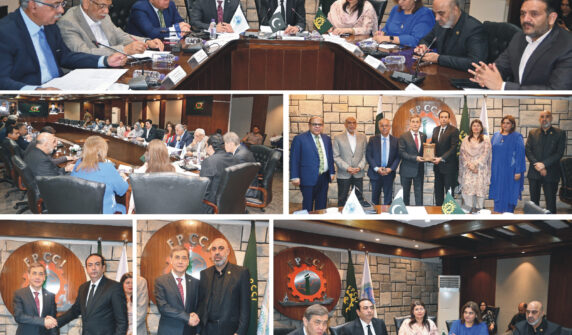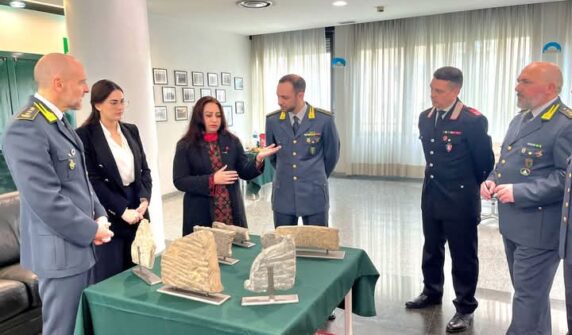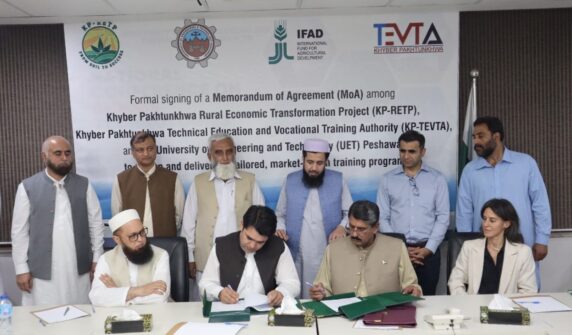Islamabad, March – Friends of Kashmir International organized a webinar on International Women’s Day 2025 to shed light on the struggles & resilience of Kashmiri women. The event brought together experts, analysts, & activists from diverse fields to discuss the socio-political challenges faced by women in Indian Illegally Occupied Jammu and Kashmir (IIOJK) and the need for renewed activism to amplify their voices.Ghazala Habib, Chairperson Friends of Kashmir ,in her welcome remarks, emphasized that Friends of Kashmir is not a political organization but a platform solely dedicated to highlighting the Kashmir issue on the global stage. She recalled the efforts of Clara Zetkin in 1910 to advocate for women’s rights and stressed the importance of addressing the suffering of Kashmiri women.She spoke about the pain of Kashmiri mothers who have been waiting for their disappeared sons, uncertain if they will ever return home safely. The plight of women in IIOJK goes beyond loss—many live under constant fear for their dignity and safety. She highlighted Kunan Poshpora as a stark reminder of the brutalities inflicted upon Kashmiri women and urged the audience to reflect on the immense suffering they endure.The Indian forces limit the very freedom of life in IIOJK,” she stated, calling for global awareness and solidarity with Kashmiri women.She concluded her remarks with a powerful tribute to the resilience of women:”Azmatun ka nishan ha aurat
Dil nashin dastan ha aurat
Tarbiat ki zuban ha aurat
Ilmiat ka bayan ha aurat
Maan, bhan, ahlia, bahu, beti
Sinfa nazuk nahi kaho isko
Hosla chitan ha aurat.”She reiterated that Kashmiri women are not just victims but the bearers of strength, resilience, and hope in the face of oppression.Shamim Shawl from APHC underscored the importance of legal mechanisms in addressing the plight of Kashmiri women, affirming that the legal process must be pursued to seek justice for the atrocities committed in IIOJK. She reassured Kashmiri women that they are not alone in this struggle and that their voices will not be silenced.She particularly highlighted Kunan Poshpora, a tragic incident that remains a symbol of the systemic sexual violence perpetrated by Indian forces. She called for continued remembrance of such events to ensure that justice is not denied.Shamim Shawl also emphasized the necessity of strengthening advocacy efforts for Kashmiri women at the international level, pushing for accountability, and ensuring that their stories reach global platforms. She urged for unity and sustained activism to challenge the injustices faced by Kashmiri women and to amplify their voices worldwide.Deconstructing the Western Narrative on KashmirDr. Shazia Anwar Cheema provided a critical analysis of how international laws and norms have been shaped by Western interests. She argued that the West selectively applies human rights principles, determining what constitutes genocide, conflict, or oppression based on self-serving interests. She stressed the importance of reframing the Kashmiri narrative in terms that are recognized internationally, rather than allowing Western-centric discourses to define the issue.Women in Kashmir: Fighters, Not VictimsAnalyst Gul-e-Ayesha Bhatti underscored the resilience of Kashmiri women, challenging the victim narrative often associated with them. She highlighted the role of women activists such as Parveena Ahangar, Asia Andrabi, and Anjum Zamrud . She called for greater acknowledgment of female poets and journalists, including Musarat Zahra and Azra Mufti, who have documented the trauma and struggle of Kashmiri families.Shrish Qamar, former MLA AJK, focused on solutions, emphasizing the need to respect women’s rights, involve youth in activism, and leverage social media to counter misinformation. She quoted Quaid-e-Azam Muhammad Ali Jinnah’s vision for women’s empowerment, urging a proactive approach in raising the Kashmir issue globally.Political Representation and Social ChallengesDr. Sundas Mustaqeem, Assistant Professor at NUST, spoke about the lack of political representation for Kashmiri women, noting that out of 99 legislative seats in IIOJK only 3 are held by women. She emphasized that insecurity and fear of Indian government continue to pose hinderance in women’s participation ingovernance.Youth leader Nazneen Gillani paid tribute to Kashmiri women, highlighting their strength and the politicization of youth narratives. She stressed the importance of educating young generations about the history of Kashmir and the ongoing human rights violations in IIOJK.Systemic Discrimination and Half-WidowsAnalyst and PhD scholar Naila Altaf Kiani pointed out systemic injustices, including the struggles of half-widows—women whose husbands have been forcibly disappeared. She noted that over 2,300 women in Kashmir live as half-widows, unable to inherit property or remarry due to legal ambiguities. She also highlighted the devastating impact of the 2019 lockdown, during which pregnant women suffered due to lack of medical access, and children faced food shortages.Call for Renewed Activism and Legal MeasuresIn her keynote address, Justice (Retd.) Uzma Akhtar reaffirmed the resilience of Kashmiri women, stating that they have demonstrated more strength than their counterparts in the West. She called for practical legal interventions to provide justice to Kashmiri women, ensuring that their voices are heard in international forums.Abdul Hameed Lone started by questioning whether Kashmiri women truly have access to their basic rights. He reiterated that the purpose of the webinar was to highlight the suffering and struggles of Kashmiri women under occupation.Tayyaba Khurshid, while sharing her insights, stressed the psychological trauma and anxiety disorders faced by Kashmiri women. She urged renewed activism in Pakistan and AJK to reshape the narrative on Kashmir conflict, ensuring that young voices play a crucial role in advocacy.The webinar served as a powerful reminder that Kashmiri women are not just victims of conflict but are active participants in the struggle for justice. The speakers called for a more strategic and unified approach to amplify the voices of Kashmiri women, engage international platforms, and push for policy changes that address the deep-rooted human rights violations in IIOJK.
41
